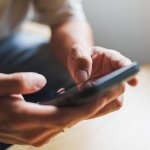
News • Digital support
New app triples chance to quit smoking
Finnish researchers found that using a mobile application based on cognitive behavioral therapy can significantly boost success rates of people attempting to stop smoking.

Finnish researchers found that using a mobile application based on cognitive behavioral therapy can significantly boost success rates of people attempting to stop smoking.
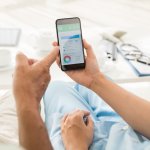
A 12-week digital weight management programme has been shown to achieve clinically meaningful weight loss in patients with high BMI plus hypertension, diabetes or both.
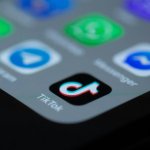
TikTok has become a go-to platform for young people seeking answers – including health information. But how accurate are the medical ‘Toks’? A new study analyzed the quality of the content.
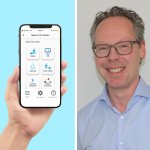
Coronary artery disease causes more than 1.8 million heart attacks each year in Europe. In most cases, rehabilitation helps the patients to return to their everyday life. But what happens once the patients have left the rehab clinic?
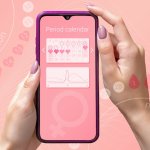
Pregnancy prevention apps, fertility-tracking wearables and more: Digital tools have expanded the range of contraceptive methods – but are rarely discussed at the GP's office, a new study shows.
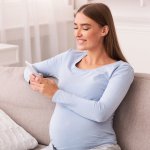
A team comprising obstetricians, gynecologists, pediatricians, and biomedical engineers has found the key determinants for digital health solutions that support women from pre- to post-pregnancy.

UK law changes threaten the security of messaging apps – and their use in the NHS. Doctors warn that patient care will suffer if they can no longer use apps such as WhatsApp to share information.
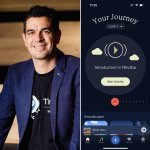
Tinnitus is common, affecting up to one in four people. Now a study shows that the debilitating effects on mental health can often be reduced via training and sound therapy in a smartphone app.
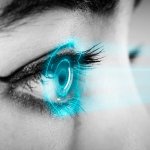
Bioinformatics students in Spain have developed a mobile app capable of detecting in a matter of seconds three of the world's most common causes of vision loss and blindness.

UK researchers find that digital health products, e.g. health apps, could make a substantial contribution to tackling NHS urgent care pressures, by keeping patients out of hospital in the first place.
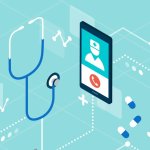
Interactive mobile apps have become ubiquitous in daily life. The Covid-19 pandemic has escalated the use of disease-specific monitoring apps. Mobile apps enabling cancer patients to self-manage their physical condition and symptoms can help them to evaluate toxic side effects of their treatments, offer artificial intelligence (AI)-generated recommendations to minimize them, and alert them to…

A new study is among the first to survey the current landscape of FHIR apps, providing a snapshot of how the standard is used to enable the flow of health information.
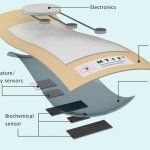
Researchers at Nottingham Trent University and Nottingham University Hospitals NHS Trust have developed a new biosensor capable of accurately monitoring the condition of a chronic wound.
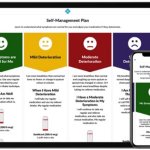
Artificial intelligence (AI) can be used to detect COVID-19 infection in people’s voices by means of a mobile phone app, according to research to be presented at the European Respiratory Society International Congress.
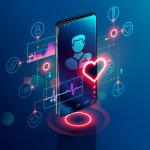
Atrial fibrillation screening using conventional smartphones more than doubles the detection and treatment rate in older people compared to routine screening, new research finds.
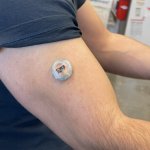
Engineers have developed a prototype of a wearable that can continuously monitor several health stats—glucose, alcohol, and lactate levels—simultaneously in real-time.
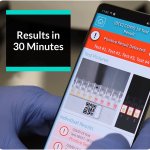
The MD-Bio BCC19 Coronavirus test utilizes RT-LAMP technology to provide accurate results in just 30 minutes.
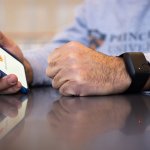
Combining questions about a person's health with data from smartwatch sensors, a new app can predict within minutes whether someone is infected with COVID-19.
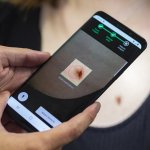
A mobile application assists in recording skin lesions and sends them to dermatology departments in hospitals, speeding up diagnosis of skin cancer.